Audi Q7 vs Toyota Highlander - Differences and prices compared
Compare performance (507 HP vs ), boot space and price (70600 £ vs ) at a glance. Find out which car is the better choice for you – Audi Q7 or Toyota Highlander?
Who wins the race?
The Toyota Highlander proves to be edges out slightly and therefore becomes our DriveDuel Champion!
Toyota Highlander is the better all-rounder in this comparison.
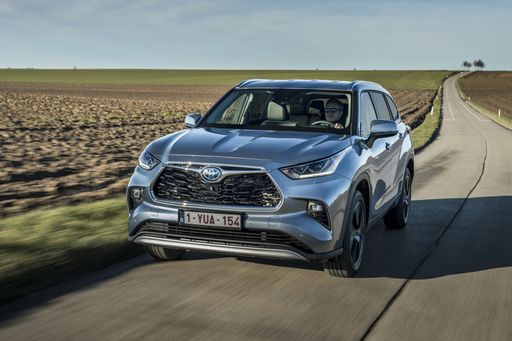
Toyota Highlander
Audi Q7
The Audi Q7 cuts an imposing figure on the road, balancing restrained luxury with a spacious, tech-rich cabin that makes long journeys feel effortless. It rides with confident composure and polished manners, so if you want a premium family SUV that feels grown-up and worth the badge, the Q7 is a persuasive choice — even the in-laws will be impressed.
details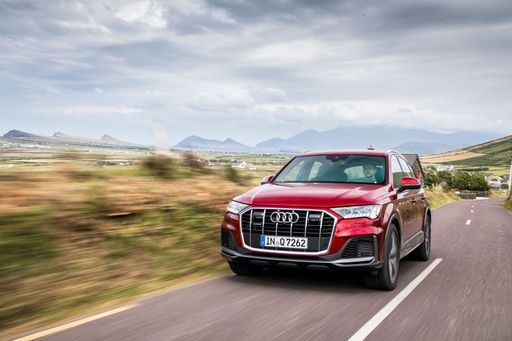
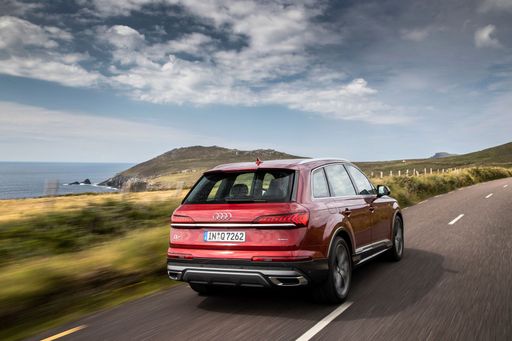
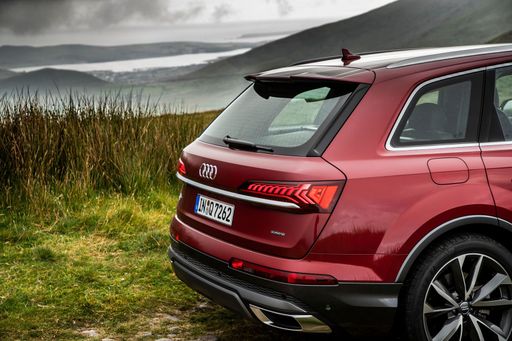
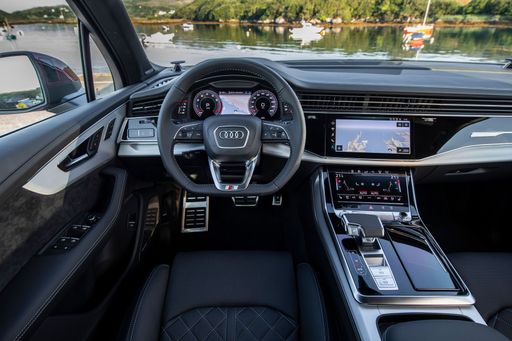
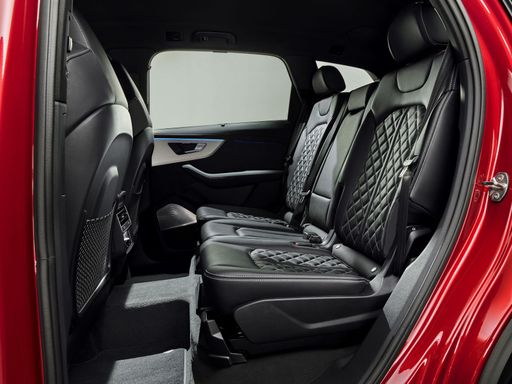
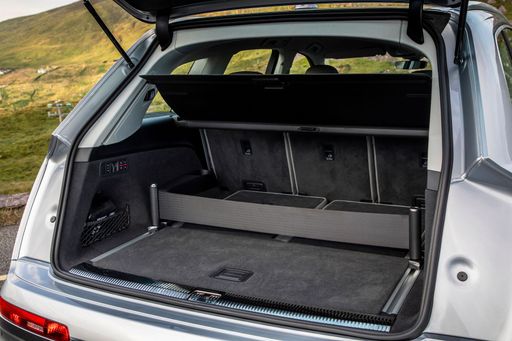
Toyota Highlander
The Toyota Highlander is a roomy, no-nonsense family SUV that blends everyday practicality with Toyota’s trademark reliability and a comfortable, quiet cabin. It won’t thrill the sports-car crowd, but its composed ride, user-friendly interior and sensible features make it a savvy choice for buyers who want a car that simply does the job well.
details
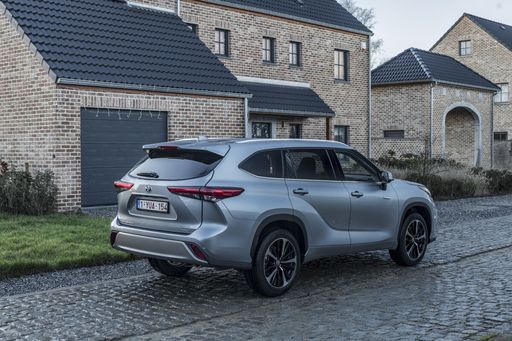
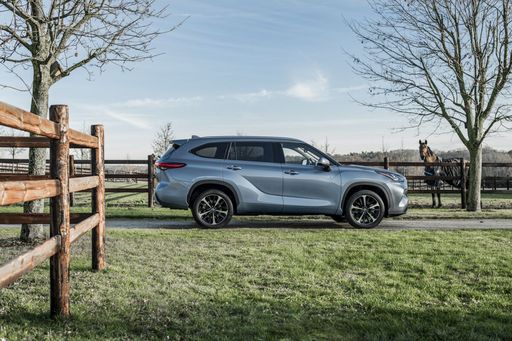
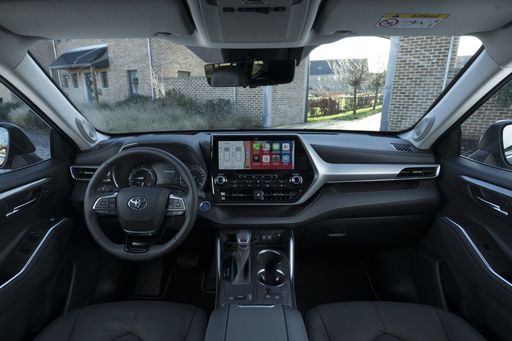
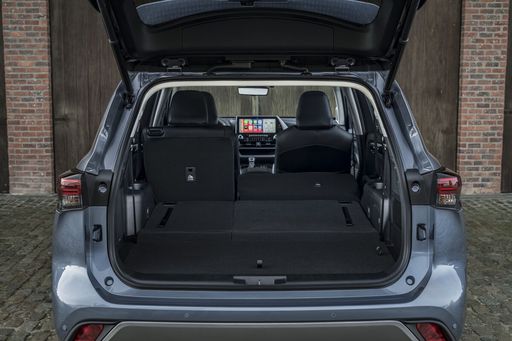

|

|
|
|
|
Costs and Consumption |
|
|---|---|
|
Price
70600 - 100600 £
|
Price
-
|
|
Consumption L/100km
3.8 - 11.9 L
|
Consumption L/100km
-
|
|
Consumption kWh/100km
-
|
Consumption kWh/100km
-
|
|
Electric Range
81 - 82 km
|
Electric Range
-
|
|
Battery Capacity
-
|
Battery Capacity
-
|
|
co2
86 - 271 g/km
|
co2
-
|
|
Fuel tank capacity
-
|
Fuel tank capacity
-
|
Dimensions and Body |
|
|---|---|
|
Body Type
SUV
|
Body Type
-
|
|
Seats
5 - 7
|
Seats
-
|
|
Doors
-
|
Doors
-
|
|
Curb weight
2055 - 2460 kg
|
Curb weight
-
|
|
Trunk capacity
563 - 887 L
|
Trunk capacity
-
|
|
Length
-
|
Length
-
|
|
Width
1970 mm
|
Width
-
|
|
Height
-
|
Height
-
|
|
Max trunk capacity
-
|
Max trunk capacity
-
|
|
Payload
640 - 885 kg
|
Payload
-
|
Engine and Performance |
|
|---|---|
|
Engine Type
Petrol MHEV, Diesel MHEV, Petrol, Plugin Hybrid
|
Engine Type
-
|
|
Transmission
Automatic
|
Transmission
-
|
|
Transmission Detail
Automatic Gearbox
|
Transmission Detail
-
|
|
Drive Type
All-Wheel Drive
|
Drive Type
-
|
|
Power HP
231 - 507 HP
|
Power HP
-
|
|
Acceleration 0-100km/h
4.1 - 7.1 s
|
Acceleration 0-100km/h
-
|
|
Max Speed
-
|
Max Speed
-
|
|
Torque
500 - 770 Nm
|
Torque
-
|
|
Number of Cylinders
6 - 8
|
Number of Cylinders
-
|
|
Power kW
170 - 373 kW
|
Power kW
-
|
|
Engine capacity
2967 - 3996 cm3
|
Engine capacity
-
|
General |
|
|---|---|
|
Model Year
2025
|
Model Year
-
|
|
CO2 Efficiency Class
G, B
|
CO2 Efficiency Class
-
|
|
Brand
Audi
|
Brand
-
|
The prices and data displayed are estimates based on German list prices and may vary by country. This information is not legally binding.
